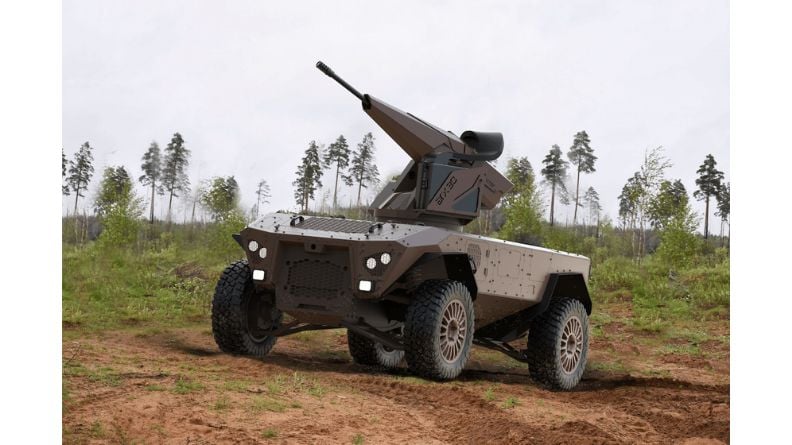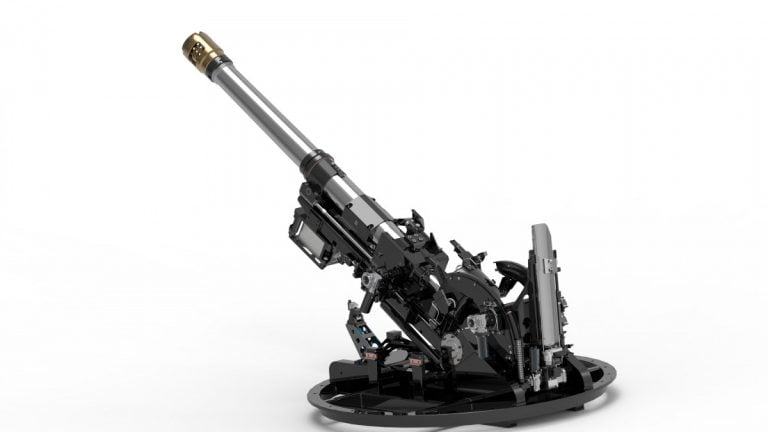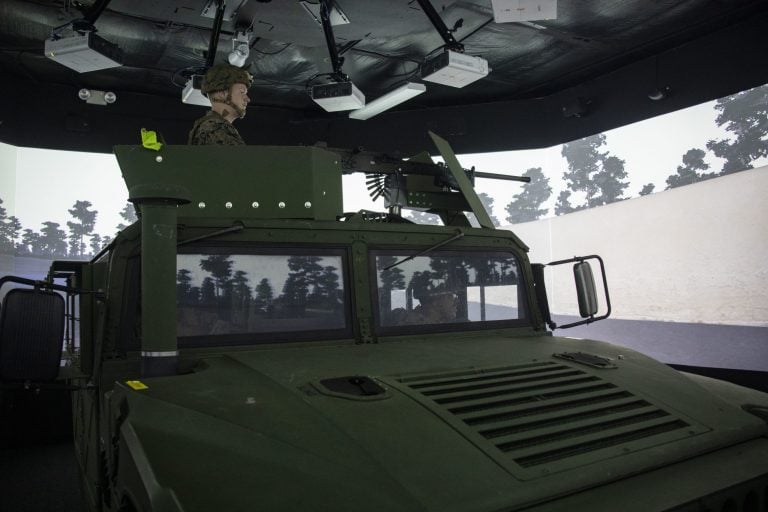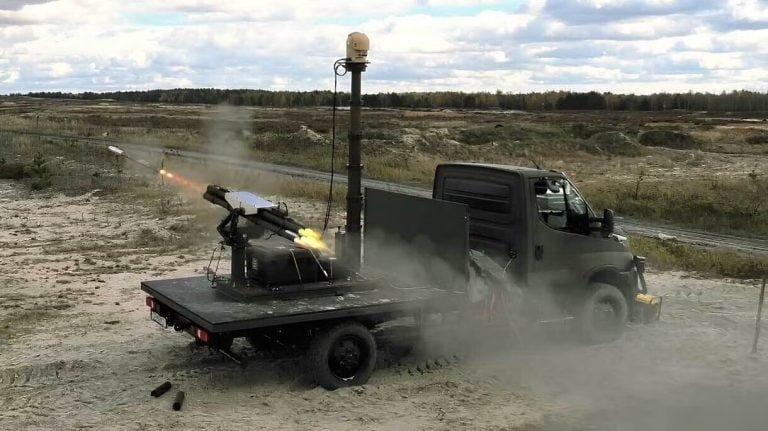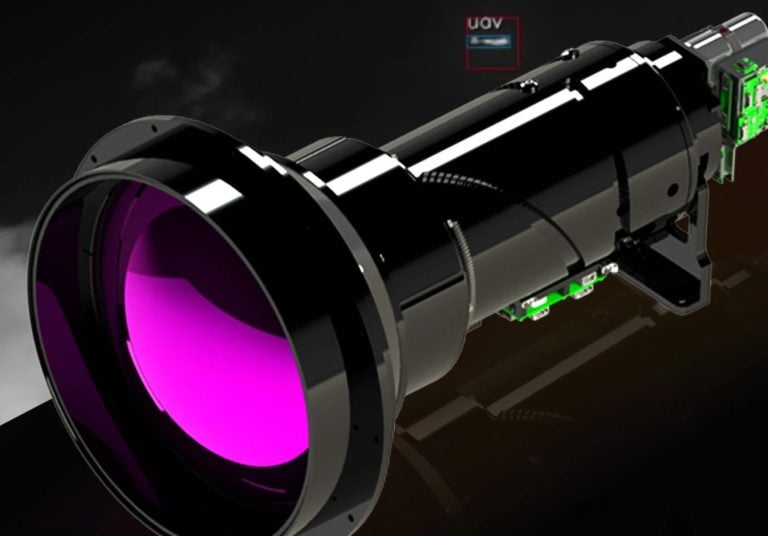The French defense procurement agency (DGA) has entered into a framework agreement with KNDS France and Safran Electronics & Defense to explore advanced technologies for robotic land platforms. This groundbreaking DROIDE framework is set to unfold over the next seven years, specifically targeting the period from 2030 to 2035.
In a press release, the DGA highlighted the strategic importance of this initiative, noting that the acceleration of remotely operated vectors is critical for improving military capabilities. The DGA emphasized that the complexity of terrestrial operations necessitates a broadened spectrum of robotic missions aimed at enhancing the effectiveness of combat groups while simultaneously reducing the risk posed to soldiers.
The agreement aims to foster the development of key technologies essential for battlefield land robots during the framework period. This collaboration is expected to lead to the creation of a multi-mission land robotic demonstrator, showcasing the innovations that arise from this partnership. An exciting aspect of the DROIDE initiative is its openness to third-party partners, allowing them to contribute their own innovations to the project.
This new development comes on the heels of Safran Electronics & Defense’s ongoing work as part of the DGA’s FURIOUS program, which already focuses on robotic platforms. Safran has been pioneering a modular architecture concept designed for the autonomous operation of both crewed and uncrewed land platforms. In late 2021, the company conducted field trials involving three distinct land platforms that incorporated this modular architecture.
Following the successful trials, Safran was awarded a three-year optional contract in 2022 aimed at optimizing this architecture further. The company has been tasked with enhancing autonomous functions, which include a range of capabilities such as tracking passage points, replaying trajectories, monitoring other units, and improving autonomous target homing. These enhancements are particularly focused on ensuring robustness in more complex and unstable environments, critical for the operational success of future robotic platforms on the battlefield.
As military needs continue to evolve, the DROIDE framework represents a significant step forward in leveraging robotics technology to bolster defense capabilities while safeguarding personnel.
